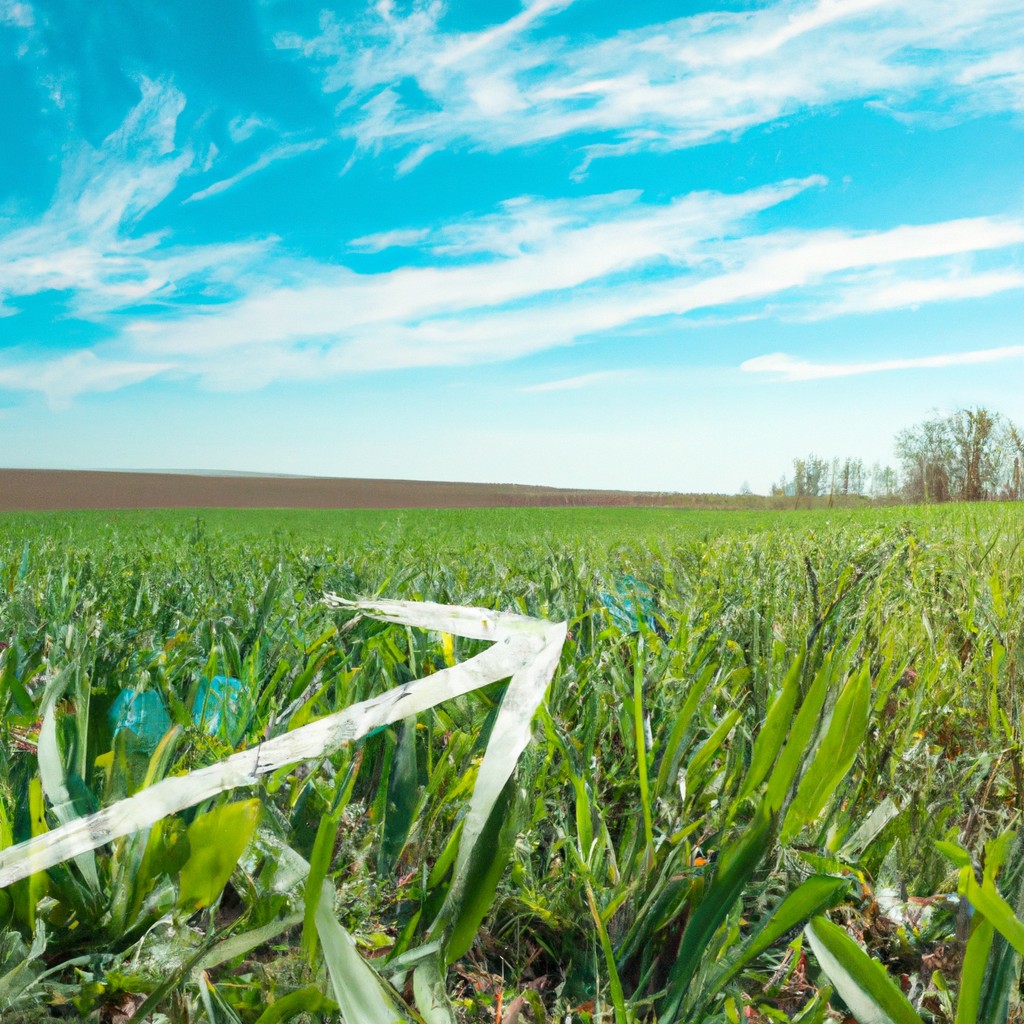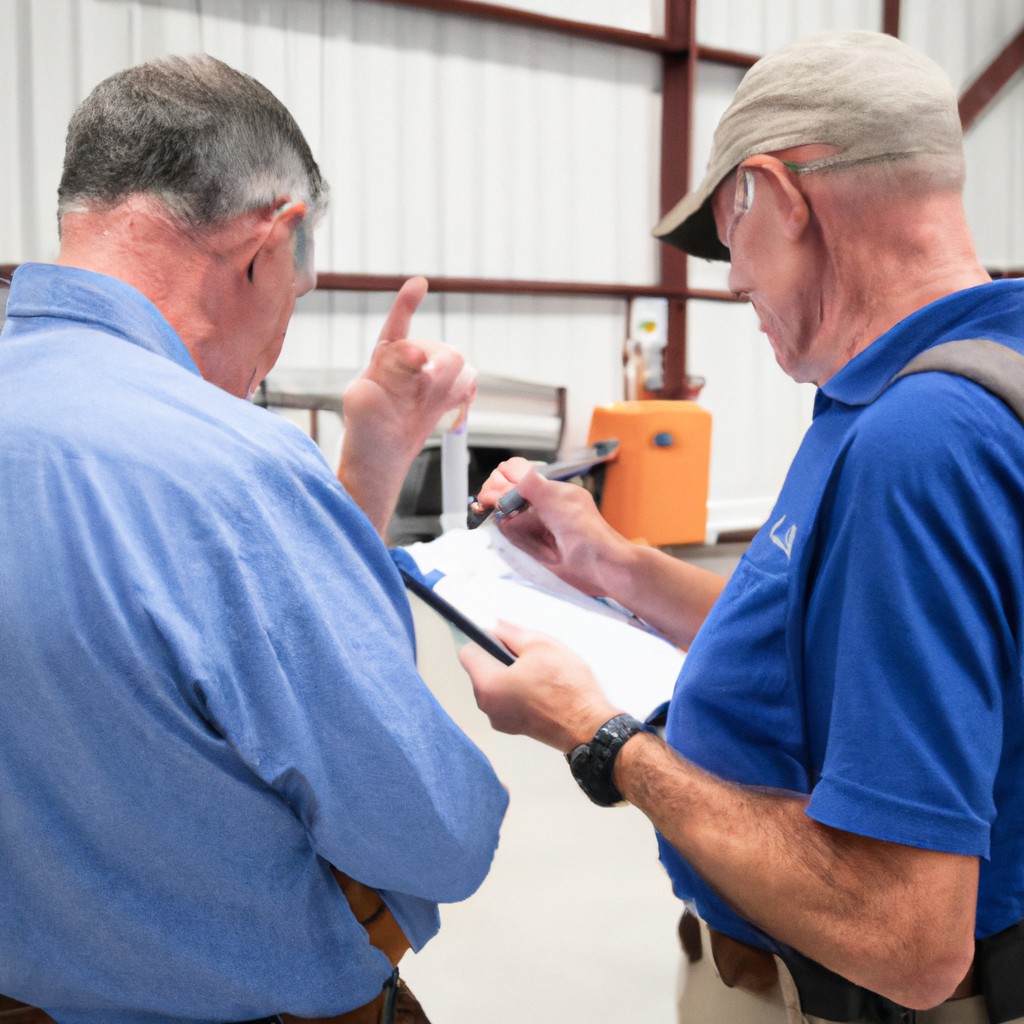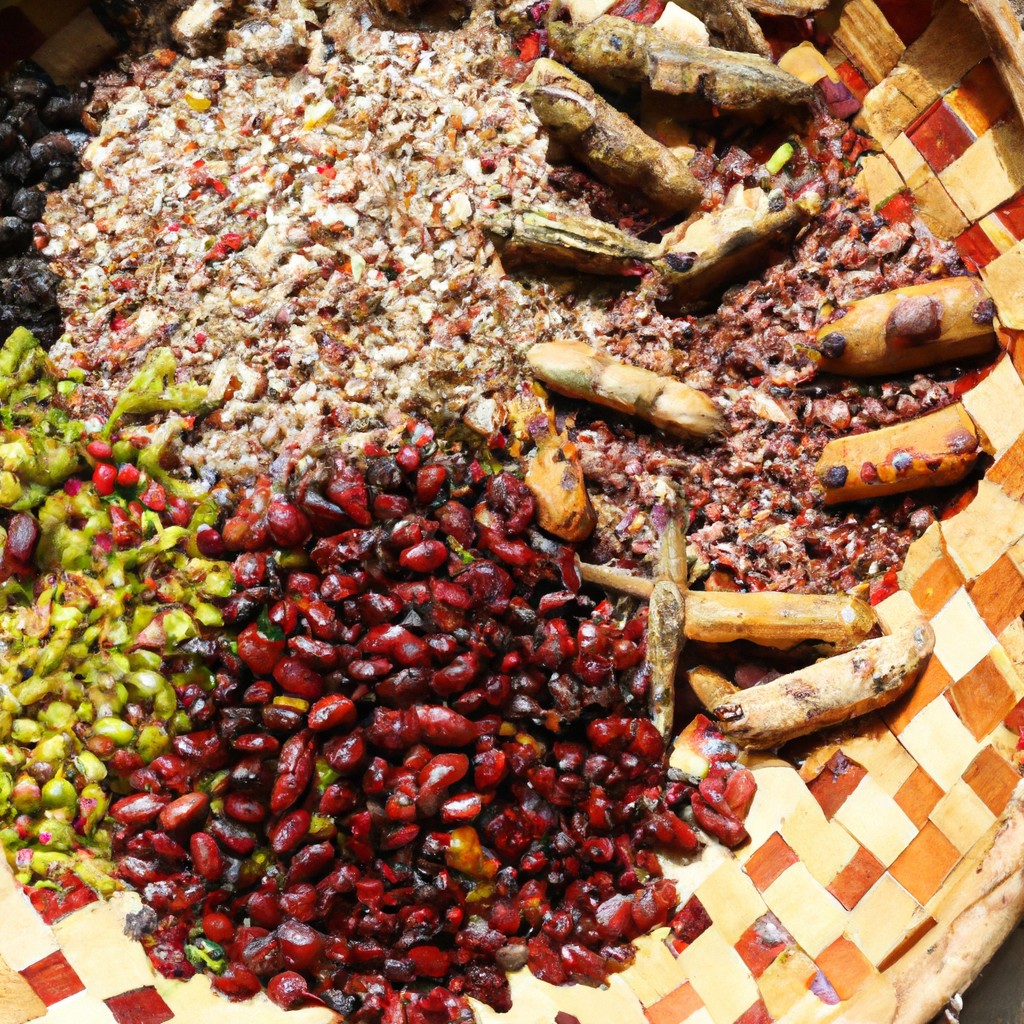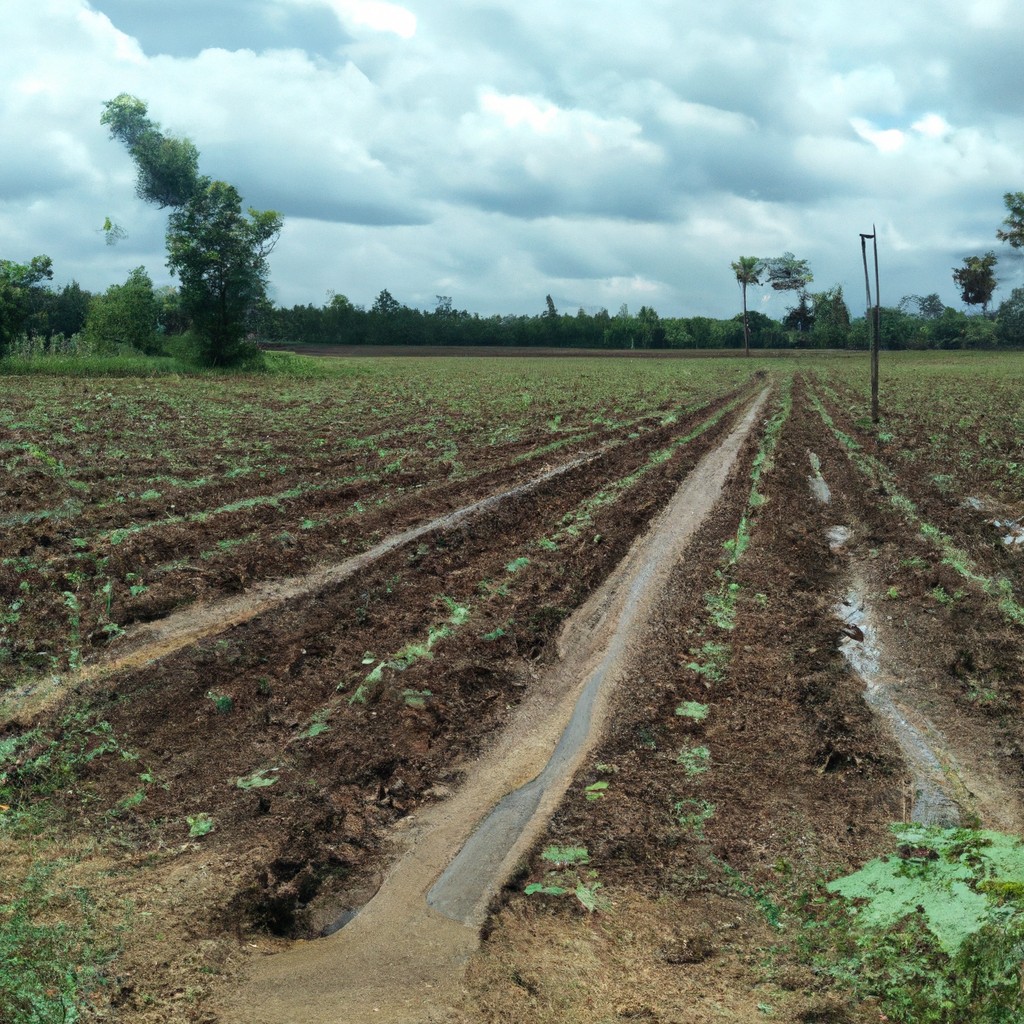This article explains how animal agriculture impacts climate change and explores sustainable alternatives to conventional farming practices.
Look Inside:
Greenhouse Gas Emissions From Livestock
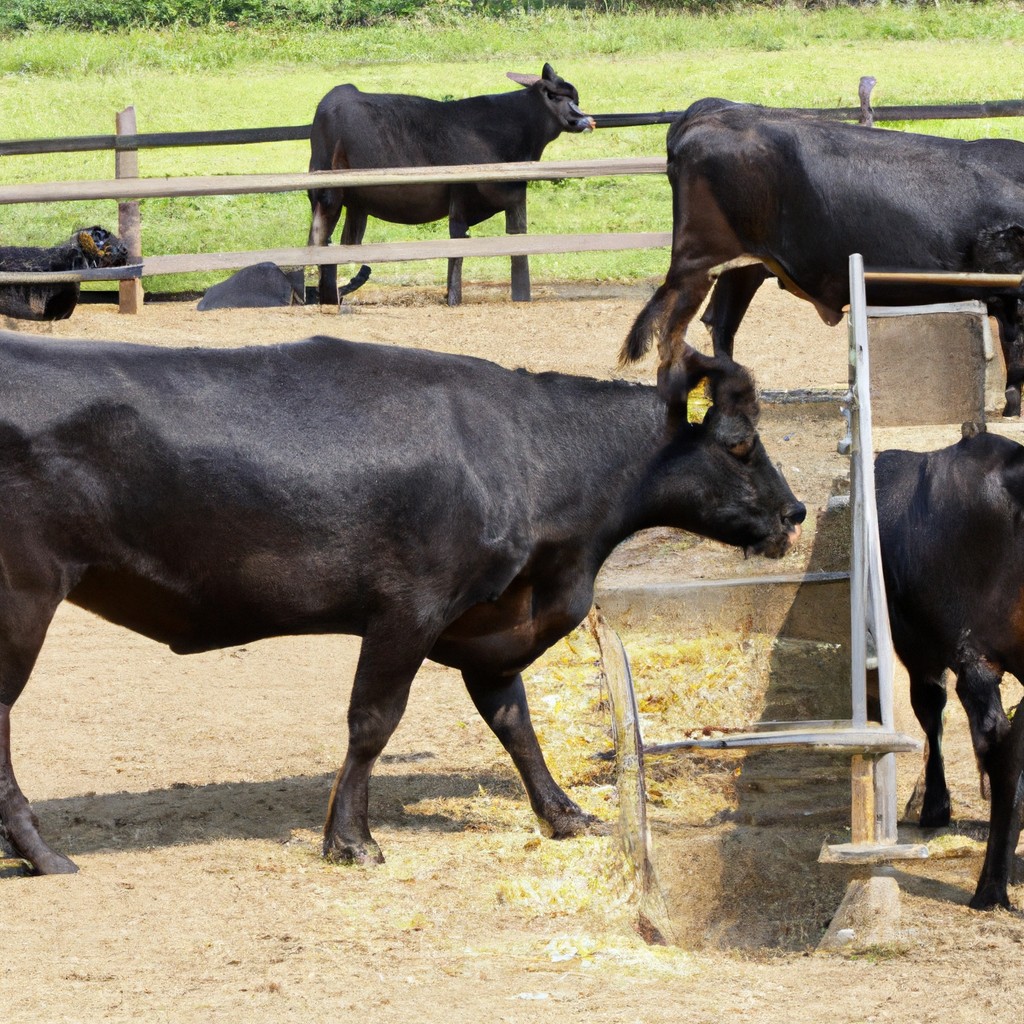
Livestock are significant producers of greenhouse gases, contributing to global climate challenges. Cows, sheep, and goats emit methane during digestion, a process known as enteric fermentation. This greenhouse gas is particularly effective at trapping heat in the atmosphere, making it much more potent than carbon dioxide over a short period.
Additionally, the management of manure from these animals also releases methane and nitrous oxide, another powerful greenhouse gas. The scale of modern farms amplifies these emissions, as high numbers of animals are concentrated in small areas.
Feeding livestock requires vast tracts of land, often leading to deforestation. Removing trees, a natural carbon sink, exacerbates the problem, increasing carbon dioxide levels as former forest lands are converted to pastures or cropland for feed production.
This overview highlights the significant role livestock play in contributing to global warming, emphasizing the need for targeted strategies to mitigate these effects.
Impact of Methane On Climate Change
Methane is a potent greenhouse gas, with a global warming potential significantly higher than carbon dioxide over a 20-year period. Livestock, especially ruminants like cows and sheep, produce methane during digestion through a process called enteric fermentation. This gas then enters the atmosphere, contributing to the greenhouse effect, which traps heat and raises the Earth’s temperature.
The impact of these emissions is profound because methane is both potent and short-lived. This means it has a strong, immediate impact on climate change, but reducing these emissions can also lead to quicker climate benefits compared to cutting carbon dioxide alone.
Furthermore, methane from animal agriculture is accompanied by other pollutants, such as nitrous oxide from manure management, which also have significant warming effects. This combination accelerates the pace of climate change, affecting weather patterns, increasing the frequency of extreme weather events, and altering ecosystems.
Strategies to Decrease Animal Agriculture Emissions
Adopting improved feed formulations can significantly reduce methane emissions from ruminants. These specially formulated feeds enhance digestion efficiency, cutting down the methane produced during fermentation in the animal’s gut.
Integrating rotational grazing practices helps maintain pasture health, promotes carbon sequestration in soil, and reduces overall emissions. By moving livestock regularly between different areas, soil erosion is minimized, and vegetation has time to regenerate.
Investing in manure management technologies is essential. Using anaerobic digesters, for example, captures methane from manure and converts it into renewable energy. This not only lowers emissions but also provides farmers with an alternative energy source and potential additional income.
Promoting genetic selection enables the breeding of animals that naturally produce less methane. Research and development in this area focus on identifying and breeding livestock with lower emission traits, contributing to a more sustainable agricultural future.
Technological Innovations in Livestock Management
Technological advancements are reshaping livestock management to curb its environmental impact. Precision farming tools now allow farmers to monitor animal health and productivity with remarkable accuracy. This includes wearable sensors that track vital signs and activity levels, ensuring timely interventions and reducing resource waste.
Feed optimization software helps in calculating the most efficient diets for animals. By fine-tuning the amount and type of feed, methane emissions are significantly reduced. Additionally, developments in genetic engineering are paving the way for more climate-resilient livestock breeds.
Another innovative approach is the use of manure management technologies. These systems treat animal waste to produce biogas, a renewable energy source, while decreasing greenhouse gas emissions. This not only addresses the emission issues but also turns a waste product into an asset.
Such technologies highlight the potential for significant environmental benefits through smarter, more informed farming decisions.
Transition to Sustainable Farming Practices
Adopting sustainable farming practices involves integrating techniques that support ecosystem health and reduce environmental impact. Here are a few key methods:
Crop rotation and diversification help maintain soil health and reduce pest outbreaks, cutting down the need for chemical interventions.
Pasture-based systems allow animals to graze naturally, encouraging land regeneration while improving animal welfare.
Implementing agroforestry combines agriculture and forestry techniques to enhance biodiversity, control erosion, and boost carbon sequestration.
Biological pest control leverages natural predators or competitors to manage pest populations, minimizing reliance on harmful pesticides.
By transitioning to these approaches, farmers can play a pivotal role in mitigating climate change while maintaining productive and profitable operations.
